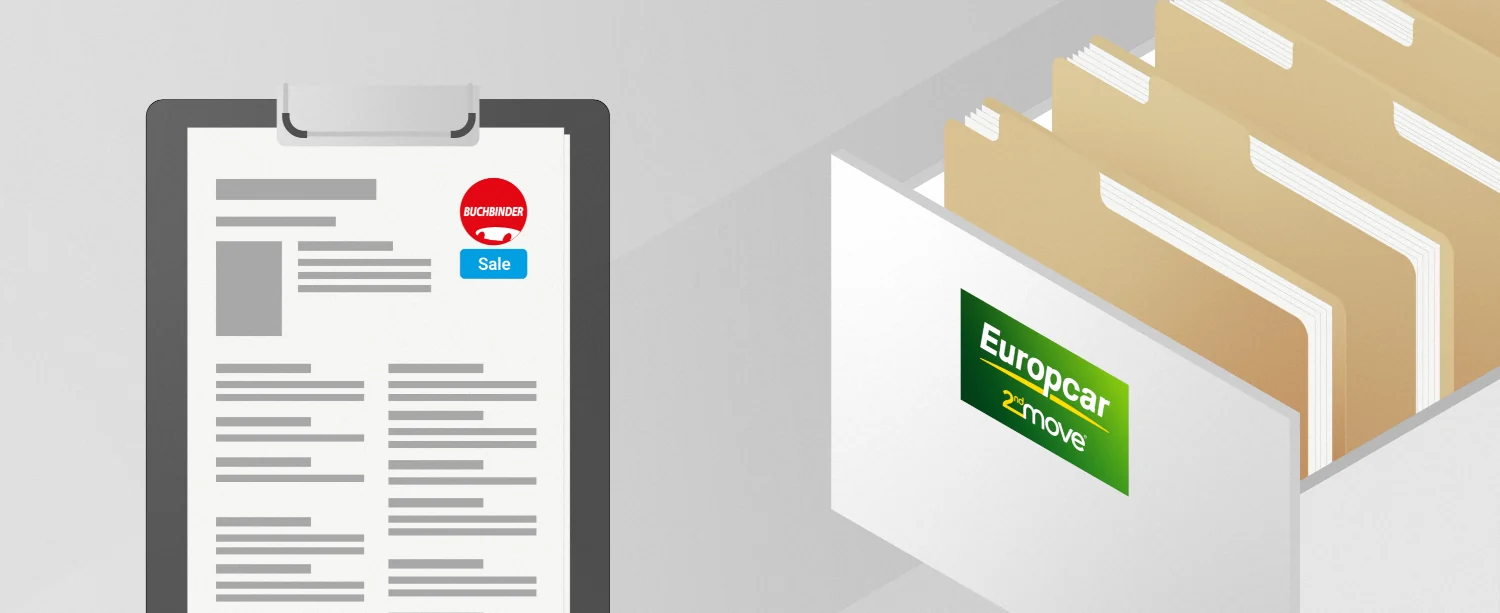But how did this development come about? It all started during the period of industrialization. This began in Bavaria during the time of its integration into the Empire. After the start of the First World War in 1914, there was a major economic boom as production had to be carried out for the armaments industry.
BMW: It started with airplane propellers
As a result, many new companies emerged in Bavaria, such as the Bayerische Motorenwerke in Munich, which became BMW AG in 1916. The company initially did not build cars, but aircraft propellers. As a result of the takeover of the Eisenach AG vehicle factory, which manufactured the Dixi small car, BMW became an automobile manufacturer. The first BMW car called AM No.1 followed four years later.
However, the focus on automobiles did not last long, as BMW switched to building aircraft engines during the Second World War. After the end of the war, there was another change in strategy towards automobile production. In the post-war period, BMW was so financially struggling that in 1959 it was threatened with a takeover by its competitor Daimler-Benz. The large industrialist Herbert Quandt was able to prevent the purchase thanks to his investment in BMW.
Nowadays BMW is a global player. The company recorded sales of 142.6 billion euros in 2022, which corresponds to an increase of 28 percent compared to the previous year. 149,500 employees made this success possible (26 percent more than in 2022). With an annual production of around 2.4 million vehicles, BMW is one of the largest car manufacturers in the world.
Audi: The cradle was in Zwickau
Audi began in Zwickau. August Horch founded the company there in 1899, which was merged with the three brands DKW, Horch and Wanderer to form Autounion AG in 1932. After the end of the Second World War, Audi AG was expropriated because the company was in the Soviet occupation zone. In 1950 it was re-founded in Ingolstadt, where it still has its headquarters today. In 2022, Audi had sales of around 62 billion euros with around 88,000 employees (10.5 percent more than in 2021). Last year, Audi delivered a good 1.6 million vehicles (slightly less than the previous year with just under 1.7 million).
The diesel engine also has its origins in Bavaria
After all, Rudolf Diesel cannot go unmentioned in Bavaria, the car country. In 1893, he succeeded in igniting an engine for the first time in the laboratory of the Augsburg Nürnberg machine factory (now MAN). To this day, the diesel engine is considered an indispensable drive, especially in the truck industry. This will remain the case for a few more years before new drives (e.g. electric and hydrogen-based engines) replace it.
Today, MAN Truck & Bus, based in Munich, is one of the leading European commercial vehicle manufacturers with sales of 11.3 billion euros (2022 - previous year: 10.9 billion euros). The number of employees worldwide is 35,000.
Suppliers as the backbone of the car companies
Last but not least, it should be emphasized that over the years many small and large supplier companies have settled around the headquarters of the major corporations BMW, Audi and MAN, which created thousands of jobs and guarantee the local population great prosperity to this day.
In Bavaria, the car continues to be very important to people. It was only there that vehicles powered by combustion engines made it possible to develop rural areas economically and to make Bavaria a top address in Germany, Europe and the world. The combination of tradition and modernity has always been the core of Bavaria's economic strategy since the days of Franz-Josef Strauss.
 To register, you will be redirected to the Europcar 2ndMove website. After registering, you can log in to Buchbinder-Sale.de.
Next
To register, you will be redirected to the Europcar 2ndMove website. After registering, you can log in to Buchbinder-Sale.de.
Next
 To register, you will be redirected to the Europcar 2ndMove website. After registering, you can log in to Buchbinder-Sale.de.
Next
To register, you will be redirected to the Europcar 2ndMove website. After registering, you can log in to Buchbinder-Sale.de.
Next






 Registration
Registration  Login
Login All vehicles
All vehicles  Direct Sale
Direct Sale
 Auctions
Auctions
 Service
Service
 Company
Company
 My Area
My Area 
